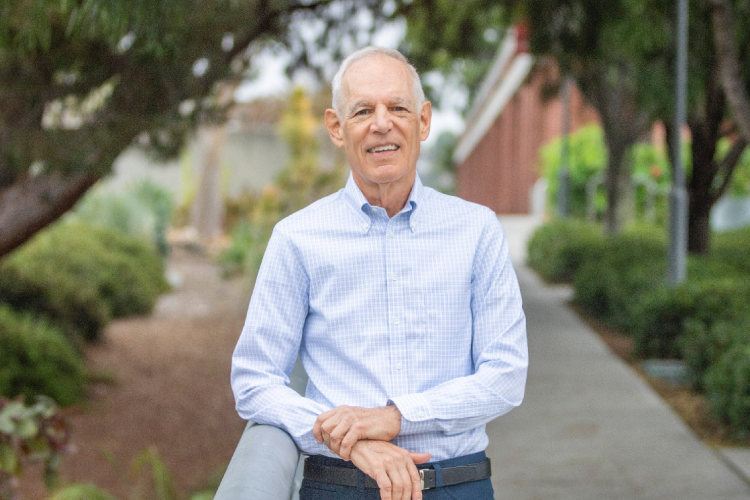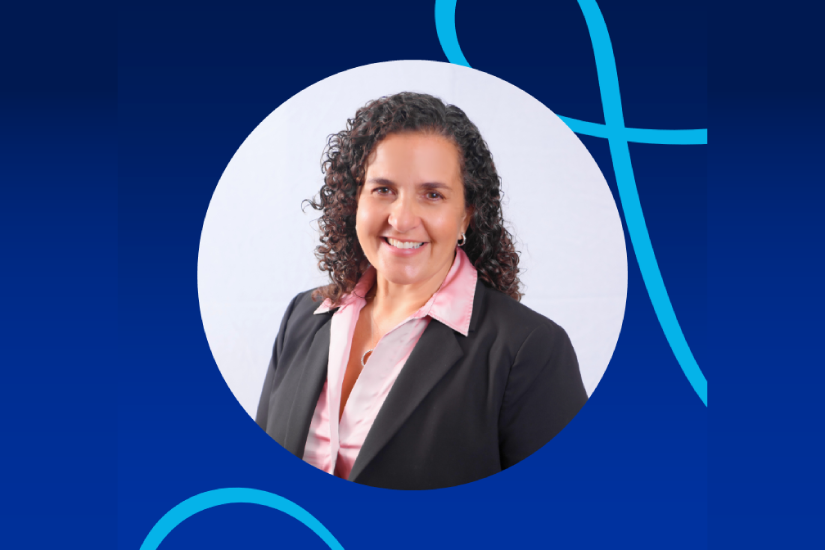Originally published in the San Diego Union Tribune; June 4, 2020
‘It takes bravery to protest during a pandemic,’ a student said.
After years of seeing social media posts about police killings of black people, many
San Diego students say they are fed up.
On Monday, hundreds of young people marched through Balboa Park and part of downtown San Diego
in a peaceful demonstration organized by high school students. Many young people have attended additional protests,
including a peaceful demonstration Wednesday in Mira Mesa organized by a 13-year-old
student.
The protests are an example of how the youth of Generation Z and millennials are putting
themselves at the forefront of a new era of activism. Some of the students who marched
Monday had also marched in the worldwide, youth-led climate protests held in September.
They said they are now protesting the police killings of George Floyd and other black
people, such as Breonna Taylor and Tamir Rice.
Some students said they knew that they were risking exposure to COVID-19. Experts warn that a spike in cases may be forthcoming because protesters are often packed together
and some do not always wear protective face coverings.
But the fact that so many people are coming out during a pandemic gives the protests
more weight, some students said.
“It takes bravery to protest during a pandemic,” said Kandyce Cole, an 18-year-old
Mesa College student who marched on Saturday and Monday. “It should be taken seriously
because of that.”
Nikki Sanchez, an 18-year-old graduating senior from the San Diego School of Creative
and Performing Arts who organized Monday’s youth protest, said she and other student
leaders were afraid of what might happen if they followed through with the protest
and were worried about youth’s safety.
But student leaders decided it was important to move forward.
“We needed to make sure the youth were still involved in this, and we’re not just
sitting back and watching all this go down,” Sanchez said. “A lot of people are out
there and they’re fighting not just for justice now, but justice for us later. This
is our future.”
Kandyce Cole, 18, Mesa College
Growing up in Spring Valley, Kandyce Cole, who is black, always wore a jacket to hide
her skin, she said, even if it was 90 degrees outside.
Cole remembers being the only black girl in all her classes in an elementary charter
school, so she felt she always stuck out. Kids made fun of the way she looked and
did not understand why her hair or skin looked different.
Cole says she hasn’t been targeted by police but she has family members in Chicago
who have been victims of police brutality and excessive force. She also thinks of
her two younger brothers, ages 9 and 12, who she says are strong people.
“I don’t want their strength to be what police fear,” she said.
Some people have pointed to looting and other violent activity as reasons to condemn
the protests. Cole said that misses the point.
“People who focus on the looting and the violence are choosing to ignore the problem,”
Cole said. “When you focus on the side effects, you’re not looking at … what’s happening
on the inside. Why are people looting? Why are people being violent?”
Like her fellow student protesters, Cole wants more accountability for police. She
believes police who kill people should lose their jobs and serve time for murder.
“Justice needs to be served to black people,” she said. “We shouldn’t be treated like
animals before we’re treated like humans.”
J.J. Floyd, 27, Mesa College
J.J. Floyd said he grew up with a white mom and a black dad who never taught him anything
about the history of black people. Floyd, who has no relation to George Floyd, said
he grew up not knowing that Africa gave birth to kings and queens.
“I was fed the same food that all the kids in America are being served, which is that
slavery was ended by a white guy,” he said.
Floyd said he knows what it feels like to be afraid to be himself. Not only has he
been bullied for being black, he has been bullied for being gay.
Being of mixed race, he has been made to feel that he is too black to hang out with
white people and too white to hang out with black people.
“That’s all part of this internalized racism, where we are learning from society to
hate ourselves if we are not X, Y, Z, if we are not a heterosexual white man,” Floyd
said.
Floyd said he wishes everyone — not just black people — could take a black studies
course. He took one this semester at Mesa taught by assistant professor Candace Katungi,
and he credits her for much of his education.
He said he believes the education system only teaches half the truth about history.
He noted, for example, that many people don’t know that the Ku Klux Klan formed just
months after the Civil War ended. He noted that while people often credit President
Abraham Lincoln with ending slavery, but Lincoln allowed states who left the union
during the Civil War to return if only 10 percent of their population agreed to abide
by emancipation.
“It’s important especially for young people to really know the history of this country
and really understand how racism is ingrained into the DNA of America,” Floyd said.
On Monday, when Nikki Sanchez stood a couple feet away from a line of police wearing
riot gear and brandishing batons, Sanchez said she didn’t feel fear. She was crying.
Using her megaphone, she shouted things to them such as: “Doesn’t it break your heart
that we have to beg you to stop killing people?”
She later said in an interview that all she could think of at that moment was how
much she wanted the police officers’ faces to crack, to show that they were somehow
moved by what she and thousands of other protesters were trying to tell them.
She thought she saw one police officer bite his lip.
“The only thing I could think of is, I’m literally looking in the face of people who
are parents and people who have little brothers and sisters and nieces and nephews,
and they just had to stare at us with a blank face,” she said. “It’s just so crazy
how they can stand there and keep a straight face and act like nothing’s happening.”
Sanchez is half Filipino and half Hispanic and said she has seen strong anti-black
sentiments from people of both of those cultures.
When Sanchez was little, she remembers a friend told her to hide if they saw a black
person nearby because her friend assumed they were a “thug.”
She said she and several of her friends who are Asian have had trouble talking to
their parents about racism because challenging their parents would be seen as disrespectful.
Sanchez said she believes her job as a non-black person of color is to call out her
peers on racism.
“If you’re an ally, if you’re a person of color who’s not black, it’s your job to
educate your community, it’s your job to educate your parents, it’s your job to educate
your friends who are also not black,” she said.
Alek Pantich, 19, UC Berkeley
The police killing of Michael Brown in Ferguson, Mo., in 2014 was the first time Alek
Pantich — a white UC Berkeley history student from San Marcos — remembers learning
that police have killed unarmed African Americans.
He said the response to George Floyd’s killing is the most visible movement about
the issue he has seen in recent years.
“I was tired of kind of sitting on the sidelines,” Pantich said of why he joined Monday’s
protest. “I felt like I had to be there.”
While Pantich said he is a nonviolent protester and doesn’t believe innocent people
should be hurt, he understands why some people are resorting to violence in reaction
to George Floyd’s death.
Pantich said he has seen a quote by Martin Luther King Jr. being circulated in which
King, known for protesting peacefully, said that “a riot is the language of the unheard.”
Pantich said he agrees.
“I can’t blame anyone for rioting when black people have been experiencing discrimination
for hundreds of years,” Pantich said.
Pantich also said violent protest has historically been a meaningful way of effecting
change, pointing to the American Revolution and the Stonewall riots as examples.
Pantich said he wants to see police held accountable for misconduct. He believes every
death in police custody should be investigated by the U.S. Department of Justice,
for example.
He added that it’s important for white people, not just people of color, to speak
up about racism.
“I’m just a white kid from North County, and I just see my role as being as supportive
as possible of people of color,” Pantich said. “When it comes time for change — which
is hopefully soon — it’ll be even more impactful to have white voices and other ethnic
voices, not just the people who are being harmed.”
Tags: COVID-19, George Floyd, Black Lives Matter












